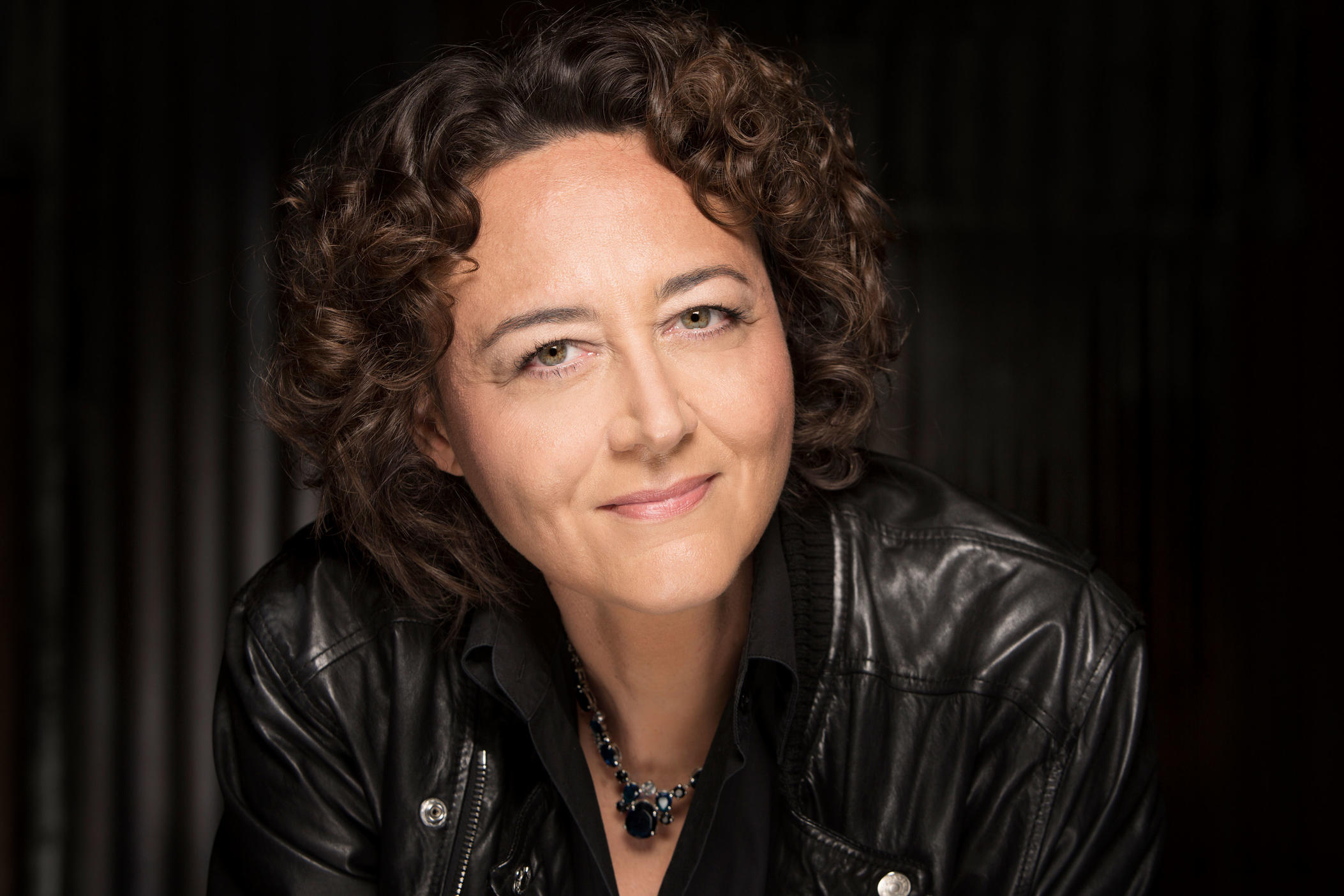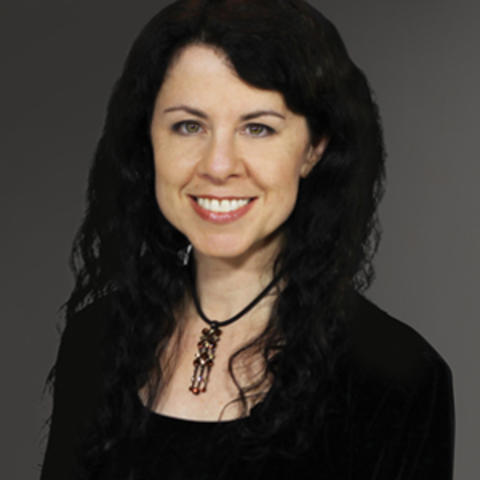Section Branding
Header Content
Meet incoming Atlanta Symphony Orchestra music director Nathalie Stutzmann
Primary Content
The Atlanta Symphony Orchestra is out with its concert plans for the 2022–2023 season, and while its new music director, French conductor Nathalie Stutzmann, doesn’t officially start until fall, she is already making her mark. She recently joined GPB’s Sarah Zaslaw over Zoom to talk about her ambitions for the ASO, body language on the podium, conducting at the edge of catastrophe — and snorkeling.
Interview highlights
(This interview has been edited for length.)
On why she goes by “maestro”
Unfortunately, maestra in Italian means the teacher for kids. So there is no equivalent for women, which shows already the problems of difference and equality. I would love to be called maestra if maestra would mean the feminine version of maestro, but unfortunately it doesn’t work.
On early discouragement from conducting
It was the conducting class teacher, who clearly was very upset, first of all, that I dared to show up at the class, because there were only boys there and I was 15, and he neglected me so clearly and never gave me a chance to conduct the orchestra, when my colleagues had the chance to conduct all the time. So I was following the course but I couldn’t use the instrument, which is the orchestra. [That] made me understand very quickly that I should choose another path if possible, during those times, if I wanted to achieve something.
On why Atlanta
What really touched me is, it’s a very good orchestra, but it’s more than this. It’s an orchestra which is willing and which is starving for going deep into the musical work. I felt we were in the same direction with our ambition of developing this expressivity of the orchestra, and that’s why I’m here.
On the ASO Chorus
Of course, as a singer, the vocal part of it and the vocal repertoire is something that I adore. I was so excited to finally be able to meet the choir this week, and the connection we had together and also with Norman Mackenzie, with the wonderful chorusmaster, was so good and so exciting, and so full of love, really, that I can’t wait also to develop the repertoire with them.
On programming plans
I think this orchestra has a very high potential. I try to envision the future on many years, how we can achieve our ambitions, artistically and humanly. The programming has to reflect my dreams, but their dreams, the audience’s dreams. So it’s a very complex process, you know? Because you want everyone happy, but you also want to take risks. You want to develop.
On her opening concerts for fall 2022
I tried to show a little bit the kind of things I love to do, which, for example, combine in my first week a world-famous masterpiece of a humanist, like Beethoven's Ninth Symphony, with music from George Walker, an African American composer, who was also a great humanist, and diversity in the soloist choice, and also a world premiere by Hilary Purrington, sung by the choir.
My second week starts with the symphony — which is unusual — starts with the third symphony of Brahms, a program built around love, seen by Brahms for his love for Clara Schumann. And a beautiful symphonic poem by Cesar Franck, who has a birthday celebration that year, The Accursed Huntsman, extremely demanding for the orchestra. And then the Transfigured Night of Schoenberg, which will be performed with a movie by Netia Jones. So a program which goes from the big symphonic size to the most intimate moment.
On whether she choreographs her gestures
Never. I am fascinated when I hear some conductors are just [practicing their gesticulations], because for me, the score is in me when I come on stage, and I trust my brain and my body are much more smart than myself and they will know how to translate this with the right body language. So I let it go very naturally.
Of course, if, if it doesn’t work, I try to change it during the rehearsal, and even during the performance I can switch from one to the other, depending on how people react. So it is all a very instinctive process for me, but it comes from the music and from what I expect to hear.
On the conflict between perfectionism and risk-taking
Exactly [i.e. yes, they do conflict]. But it’s necessary, because very often the magic, the beauty, comes at the edge of a catastrophe. You have to be brave when you’re on stage, you know?
On leading a balanced life
I try to say no to many things outside of my work. I try to protect myself some time, keeping some time off, where, it’s never off because as a musician the creative process is always going on, even if I take a walk in the park: I relax, but I relax working about the music.
Sometimes I try to to have an evening with friends or have a nice massage or swim in the summer. Snorkeling is my passion. Watching the fish under the water and taking my boat is the best moments I’m looking forward [to].


